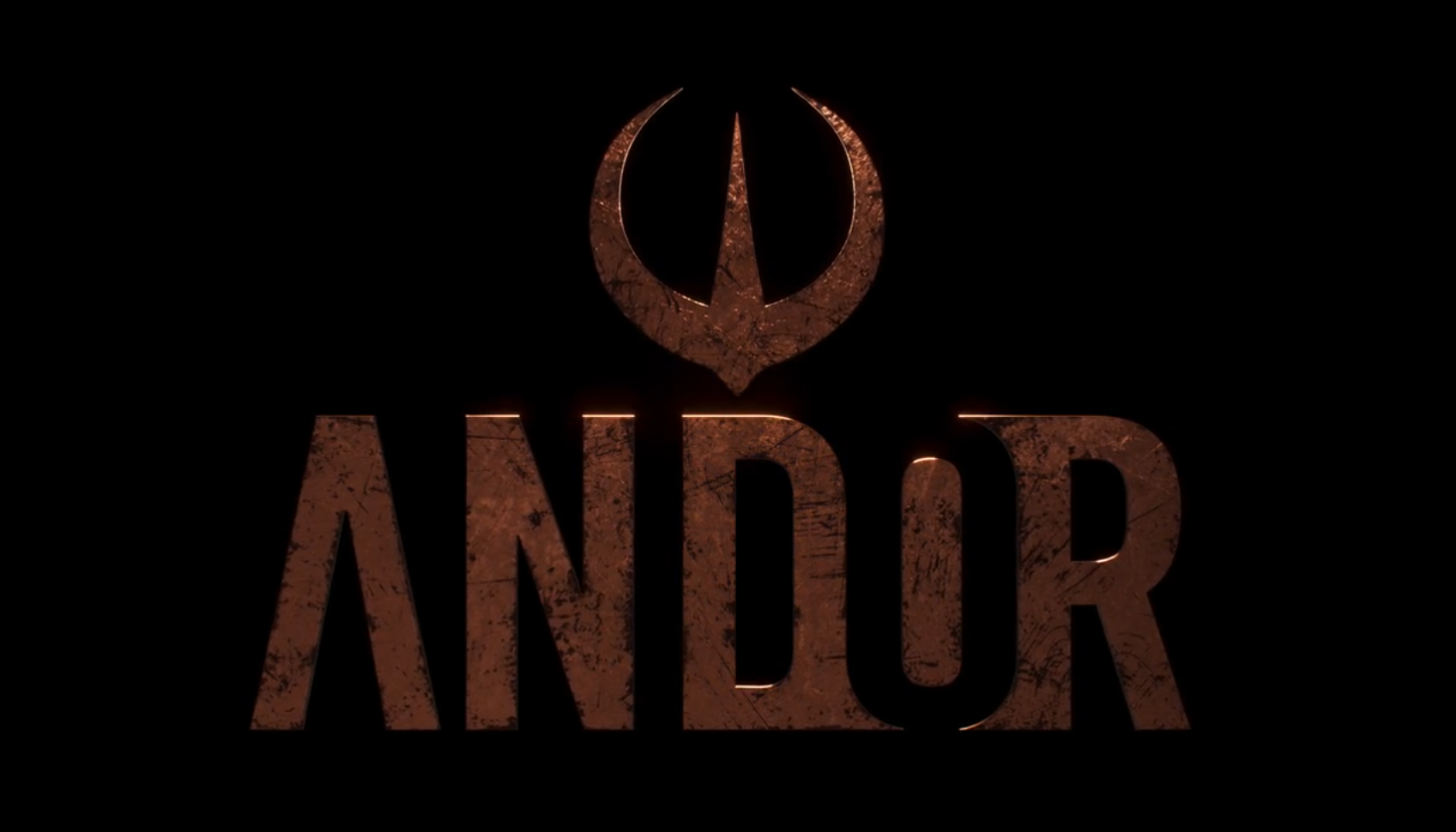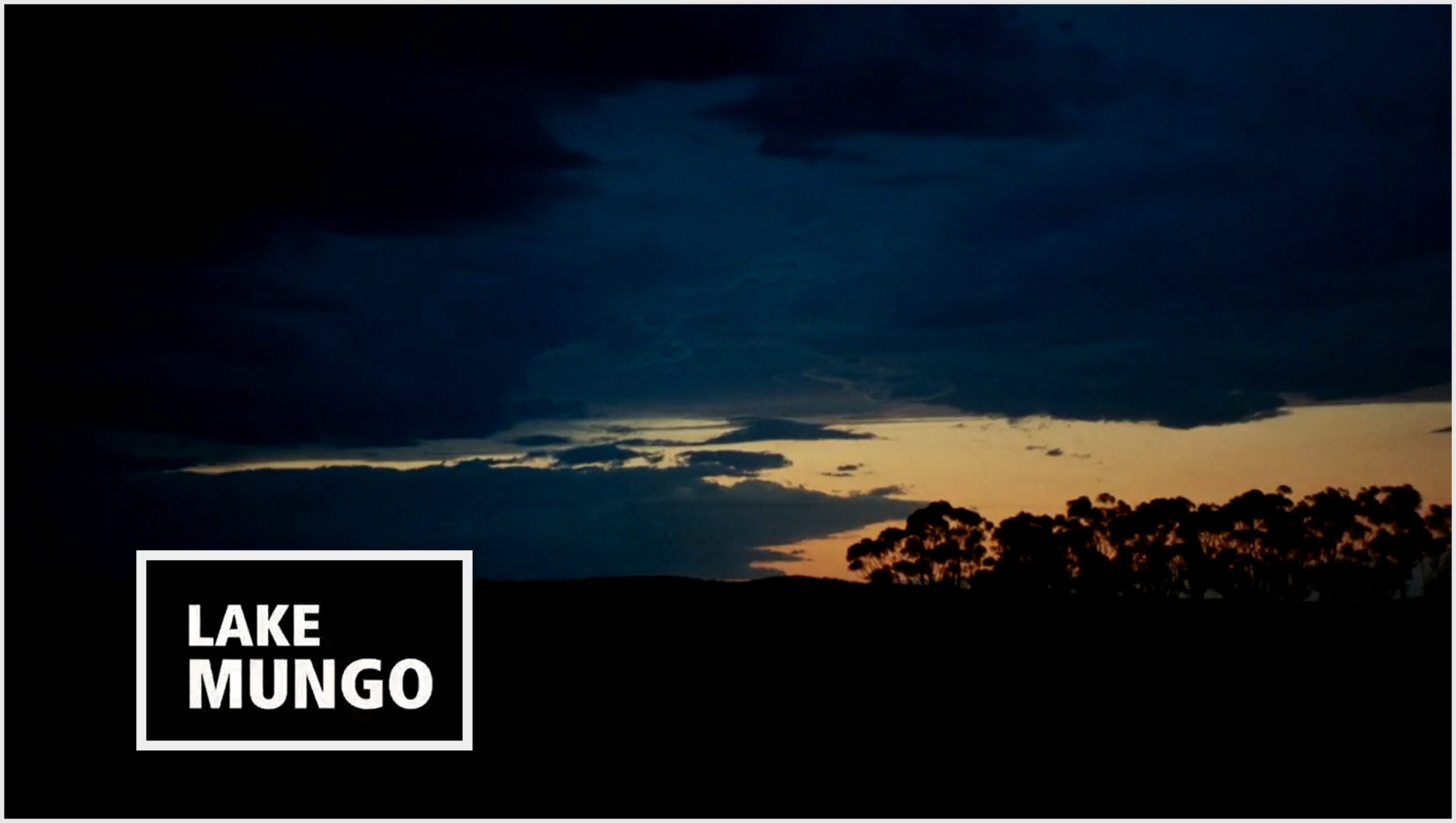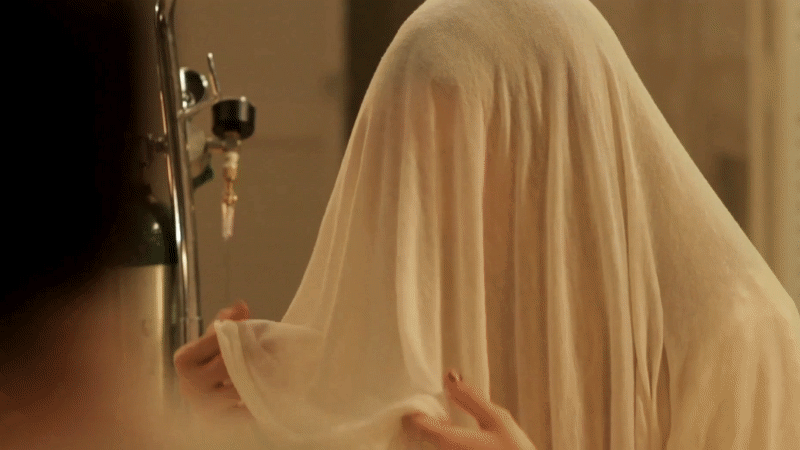-
Fast Forgetting
Take your mind back to the opening scenes of 2003’s Lost in Translation. Bob waking up to blurry lights, people, roads and vehicles of the Tokyo two decades past.
Imagine viewing that scene, from its protagonist’s shielded, cozy perspective, in a theater. The fleeting background of faded neon, rectangular cars, and formal wear in motion as perceived by an outsider just waking up. An introduction to an alien setting. Well, alien to some.
Imagine its impression on someone who has never left a rural East African village. Or say, its familiarity to a person in geographically and culturally adjacent Seoul. To individuals separated by time, place, culture and contexts. People out of phase with one another. To say nothing of any understanding they carry, or lack thereof, of the urban agglomeration presented on fast-forward.
I sometimes reflect on how far apart places feel, not only in distance but in time. Each location with its own developmental clock, ticking at a different pace than everywhere else. On paths varied, non-linear and branching, each scripting a unique history.
And what of objects that adorn these land- and time-scapes? Placeholders or conveyors of atavistic memory stained across eras. Items associated with more than just feeling, carrying the scars of their functions, age and owners—of the tendrils of time surrounding them. No wonder there is such great emotion elicited when visiting different sites, especially those we have occupied regularly, either physically or in dreams. Stepping through doorways to recalibrate our recollections.
At least that is what comes to mind when viewing films like Yumeng He’s The Other Side of the Mountain. Contemplative and intentional, a moving portrait to a personal history experienced secondhand. Yumeng follows her father, Cheng, as he makes a journey on behalf of his mother to her childhood home. A pilgrimage she cannot make herself. Cheng speaks with his mother’s friends, connects with locals, sightsees, sketches, and supports Yumeng in the construction of an ode to a different time. One hidden away not unintentionally:
-
And/or
Note: In Difference is on hiatus during August, and no newsletter will be sent next month. Updates will resume in September.

“There is more than one sort of prison, captain. I sense you carry yours wherever you go.”
– Chirrut Imwe, as written by Chris Weitz and Tony Gilroy, in Rogue One: A Star Wars Story
(Spoilers on all things Star Wars related ahead.)
In “Narkina 5”, Episode 8 of Season 1 of Andor, Cassian arrives at an isolated prison surrounded by a lake, on a moon in the Outer Rim. He is greeted by boilersuit-clad guards, one of whom delivers a cold orientation to the facility. The guards, we hear, do not rely primarily on their weapons to keep order. Instead, they lean on routine and “minimally invasive enforcement techniques”, which include an environment capable of sending painful shockwaves through unshielded bodies. Self-policing and self-preservation are entrusted to be key motivators. The prisoners are told to use their time “productively” to avoid harsh punishment.
Cassian is then uniformed and taken to his “level”, a floor of the floating forced labor camp, and mini-factory where a cohort of prisoners is fighting against the clock to complete their tasks. He is given another shot of key messaging by the ‘floor manager’, Kino Loy, a prisoner closing in on his sentence’s conclusion. Institutionalized and assertive, Kino has been installed in the upper echelon of slave ranks, responsible for ensuring those under his purview stick to the script:
Kino: “Listen up. It’s a twelve-hour shift. Productivity is encouraged; evaluation is constant.”
“The seven tallies are the running shift totals of all the other rooms on this floor. You play against all the other tables in this room. I play against all the other rooms.”
Cassian: “Play?”
Kino: “Call it what you will – the point of this conversation is that you understand one thing most clearly. I have two hundred and forty-nine days left of my sentence. I have a free hand in how I run this room. I’m used to seeing my room in the top three on the level. You will want to keep that happening. I’m sensing you understand me.
Sick? Injured? Come and talk to me. Problems with another inmate? I will know before you do. Losing hope? Your mind? Keep it to yourself.”
Cassian is directed to his assigned table and meets the small group of prisoners who have to facilitate his assimilation into the Narkina 5 system. What follows is my favorite scene in the entire series.
-
Apparitions in Ararat

Recently, I began my latest dive into the darker genres of film and television. A fair amount of horror with sprinklings of tense dramas and crime documentaries. Included in the itinerary were 2021’s Sasquatch and 2024’s I Saw the TV Glow, plus revisitations of classics like 2003’s Memories of Murder.
Sasquatch was a clever bait-and-switch which I did not mind one bit. I suspect people who believe in cryptozoological creatures may feel differently, but I found its central conceit extremely effective. I Saw the TV Glow was a heart-wrenching exploration of identity, expression and acceptance. It is unfortunate that this type of conveyance of the trans experience, in the language of psychological horror, resonates as it does within our current zeitgeist. Memories was as spectacular as the first time I watched it. Not too many films globally reach the cruising altitude of peak Korean cinema.
I would highly recommend all the aforementioned works.
Spelunking into cultural caves often neglected by the mainstream also brought me to revisit another classic: 2008’s Lake Mungo. Part of a solid and growing output of Australian horror in the twenty-first century, alongside the likes of The Babadook (2014), Relic (2020), and Talk to Me (2022).
Mungo is strange because since its release, critics and audiences have given it widely disparate reviews. They have labeled it as “one of the scariest films ever made” and “a masterpiece” as often as mentioning it as “nothing unique” or “boring”. It is the kind of reputation that helps a movie develop cult status and invites in budding cinephiles as the years pass by. One’s experience of any piece of art will be tempered by taste, and Mungo may on the surface seem quite a polarizing creation: a low-budget pseudo-documentary ghost story. Perhaps not screaming “revolutionary” or “special”.
Allow me to relay my thoughts. I love this film. And to those who have never given horror a try or despise scary flicks, I would suggest this as a gem not be overlooked. Frankly, an ideal introduction to an oft-dismissed genre. Its scares are well-placed, telegraphed and layered. It is horror of the highest order – where fear and sadness are intertwined with hope and elation to produce a more meaningful narrative.
-
Truth and Meaning in Concrete
He could not complete it before he died (in escape of a regime repeatedly reborn, it seems), but Walter Benjamin’s Arcades Project still had reverberations across the twentieth century. A book of personal notes and reflections combined with analysis and fiction combed from academic and historical sources, Arcades was a loosely organized patchwork of what the material could mean to materialists.
Among its many achievements was one of the more complex deployments of the ‘dialectical image’ or ‘dialectical montage’*, a technique of layering facts – about pieces of history and their relations – to reveal deeper meanings. Within Arcades, Benjamin used this technique to discuss the political projects led by the elite in nineteenth century Paris, as the working class fought to realize their democratic ideals through constant cycles of revolution. He studied all manner of objects and wrote extensively, trying to identify their value – as appliances or ornaments to social, political and economic beings. By placing them beside each other, he sought to force revelation.
In that spirit, let us take a moment to wade into a similar exercise in critical theory by considering linked questions relating to economic growth, here in the twenty-first century:
- What spurs growth? How do we manage it? Why do cities grow the way they do? How do they develop in context of competing visions of growth?
- What are we, collectively, trying to achieve through this growth? How is it tempered by our cultural, economic and climate realities? Is the emergent political project within our control?
And here’s a last set connected to all the above:
- What kind of growth are we talking about? Who benefits from it and in what proportion? How do changing definitions of growth reshape our social relations?
These questions are regularly at the front of my mind as I think about the promised outcomes of policies touted by the highest offices. Allow me today to point you to two short films addressing many of the headaches above, in a brief juxtaposition aimed at bringing forward the deeper political relations at play.
-
Sugarcane
 A solar halo above Lower Post, BC. Home to the community of Daylu Dena Council, and the historical site of the Lower Post Residential School.
A solar halo above Lower Post, BC. Home to the community of Daylu Dena Council, and the historical site of the Lower Post Residential School.One evening during the Fall of 2017, a group of Red Cross staff, volunteers, and support personnel sat together in a large circle. They were debriefing, disclosing difficult reflections within an eerily empty reception center. The site of general chaos and noise only a few hours ago, the location – a quarter of a mall under renovation temporarily repurposed into a hall for evacuee support – held a taunting peace.
The group was not, however, discussing the fires. They were not talking about their empathy bandwidth (the constant strain of taking on the evacuees’ trauma), or the stress of managing the response, or even their fatigue after another long day with little rest. In fact, the workday had been a shorter one. It had ended early to allow everyone to participate in a mental health workshop. One after another, each person held a talking stick, answering open prompts on personal or professional pain points. In each other and through this exercise, they found some strength, validation, and motivation.
One individual told the story of how she had doubted herself constantly. How, despite her proven capability and resilience, she struggled with truly believing in herself. How she felt that everyone who held her up was doing twice the work. How she felt inadequate. A surprising revelation to most of us as she was our go-to for some of the toughest cases; a knowledgeable, calm presence who was able to make the appropriate connections and decisions without hesitation. Compassion personified.
The underlying reason for these undying feelings of insufficiency, she understood, were intergenerational trauma. She had barely escaped the residential school system in her youth. Her mother had already lost a child to the system when the RCMP knocked at her door for a second time. Mom hid her away and told the police there was no one to surrender. They searched the home, failed to find any minors, and left. As a result, she was able to grow up free from the traumas of residential schools, unlike her parents. Unfortunately, she continued to carry some of the insecurities and fears that her family held – about themselves, institutions, and their communities.
-
Degrees
The above video is from an official source. Here is an alternative with English subtitles.
Let me throw some numbers at you.
16 – The amount of unique academic disciplines I have studied. Most at an introductory level and a few in depth.
9 – Post-secondary institutions at which those courses were taken. 8 in Canada and 1 in the UK. 2 virtually and 7 in-person. 5 comprising my undergraduate experience. 1 for my post-graduate degree. 3 for general professional certifications.
7 – Languages that I have attempted to learn at one point or another. 1 in which I am comfortable.
0 – The temperature (in degrees Celsius) above which the weather has hovered for the past few days in Prince George. In January, at the height of winter. A signifier of a larger abnormality enveloping human existence.
20 – Days elapsed between the containment of the last major wildfire of California’s 2024 calendar (on December 18) and the first one that has begun its 2025 season (on January 7).
9 – Hours in the day that I am obligated to commit to non-personal endeavors. Labor, commuting, and the associated paraphernalia.
-
Relinquishing Control
Snow continues to fall over Northern BC. Over the past two days and two more to come, a foot of powder that is settling uncomfortably as the weather warms. A thick blanket that cannot be lifted but must be scattered or scraped. My sedan rests nearly invisible while the parking lot will not be cleared until mid-weekend.
Unfortunate, as I will need to be on the road soon, heading south before the mercury starts its dangerous dance between above- and sub-zero readings on the gauge. 800km to Vancouver, as I navigate the transition between my current profession to another on the horizon. A shift from Indigenous health to economic advocacy. (Hence the lack of updates recently – a lot on the mind and in the calendar.)
On a late Friday evening like this, I find myself craving spirits. A glass of red wine would be stellar; a small reprieve from a week that has demanded more mental energy than most. This is a strange thirst, given that I almost never consume alcohol. It is one of those pleasures reserved for dinners with friends or loved ones, once every few waxing crescents. I do not even have any in the apartment – nor have I ever kept this temptation at hand. Treated like so many other impulses by this minimalist: its grocery store isle granted a casual glance plus a shake of the head before being omitted from the circuit.
The thought of alcohol also summons forth the memory of the great piece shared above, from an artist imbibing as much creativity as anything else with each glass.
-
Montage
A compilation of some moments from our trip to Chile in September, set to “Montage” by Andy Hull and Robert McDowell. There were many videos I could not include; consider this the most fleeting of glimpses.
-
Cult Classics

Let us talk about cults, their active ingredients, and their xenomorphic allure.
We are social creatures with personalities deeply intertwined with our environments. How we juggle external touchpoints (our relations) and internal systems (our protective psychologies and reactive defense mechanisms) are crucial in determining what we tend to believe or what we reject. Our awareness of what affects us, to what degree, and how, is a humbling force. An indicator of our grasp on reality.
Our susceptibility to cults, conspiracies, mythologies, logical fallacies, propaganda, or misinformation all derive from the same corner of human cognition. The same place we foster diehard dedication to political figures, sports fandoms, pop cultural obsessions – beliefs in everything from alternative medicine and the cornucopia of supernatural phenomena to more mundane things like which habits to integrate into our lifestyle. Anything that requires a suspension of our critical faculties or dismissal of nature – and of each other – without being accompanied by its own scrutable schematic, is telling of a tall tale.
Cults and the accounts they provide are part of a larger narrative of our collective socialization. Human experience is guided by our failure or success to connect with others; humanity’s is a story of seeking connection. And there are many rabbit holes that humans can easily fit into.
This post is an exploration of instructional parables that illustrate how easily our need for bonding can be rewired to suit specific aims. Primarily, and as is often the case in our world, to build egos and movements seeking power or profit by tapping into a resource that is never in short supply: our yearning to believe. A formidable evolutionary development. And while it can take many a nefarious form, it is also necessary in constructing the monuments of which we are so collectively proud. It takes quite a leap to go from hunter-gatherer societies to establishing global information networks and putting rovers on planets afar in the geological blink of an eye.
-
Awaiting a More Glorious Dawn
Thunderstorms roll by in sporadic waves, curses of the cooling summer weather. The wildfire map of Western Canada is dotted with red and orange as towns evacuate people and welcome flames. The roads that afford access to sanctuaries slowly dwindle. A haze settles down for who-knows-how-long, as the smoke intensifies. There is as much anxiety as there is ash in the air.
All of this, preventable. People continue practices antithetical to our very existence. Consume more. Drive those big trucks. Force workers back to the office. Eat factory farmed meat. Make the carcinogenic choice. But not everything is a personal battle; industry maintains the supremacy of profit while politicians line up to apply band-aids to widening wounds. Who champions fundamental responsibility? Who dares to proffer more?
I too, find myself escaping rather than engaging. Enough to worry about at work or in waking life; enough to tire me out, discouraging sustained action. Better to dwell on romanticized notions.